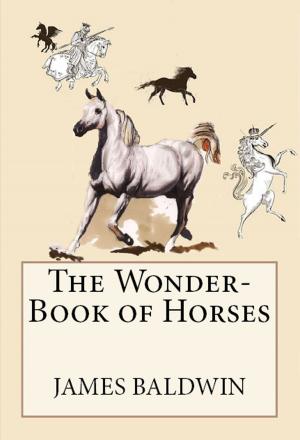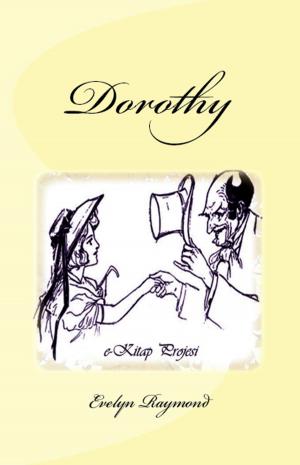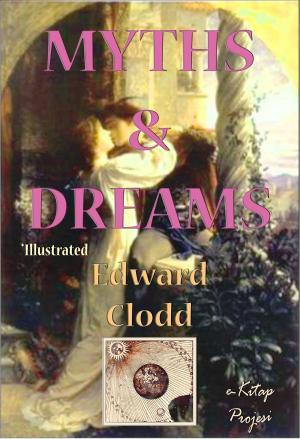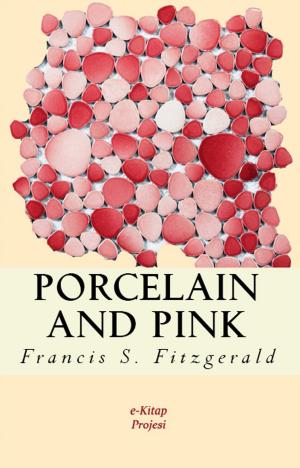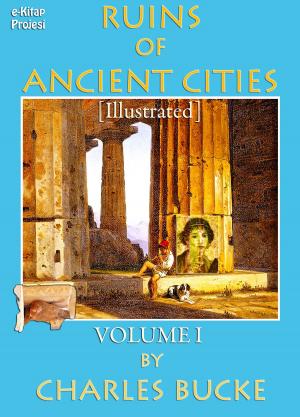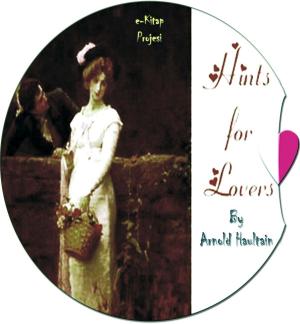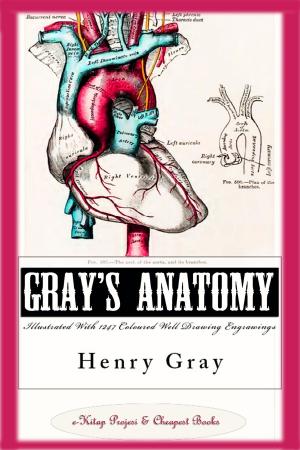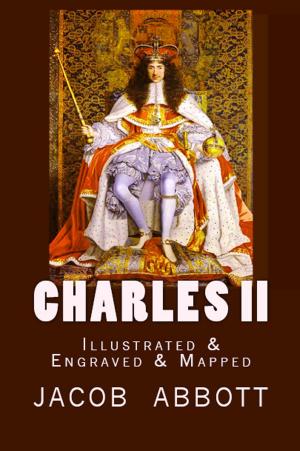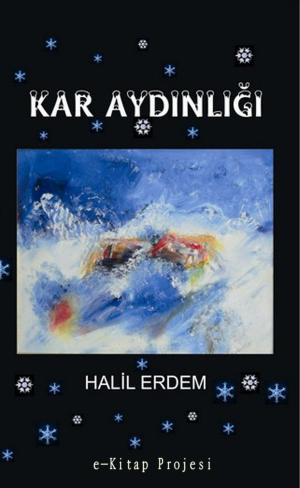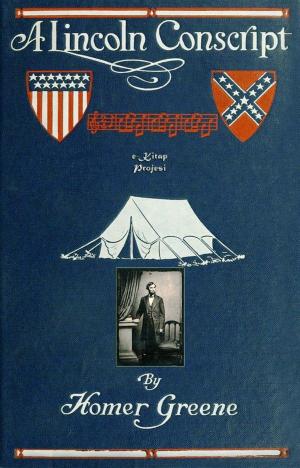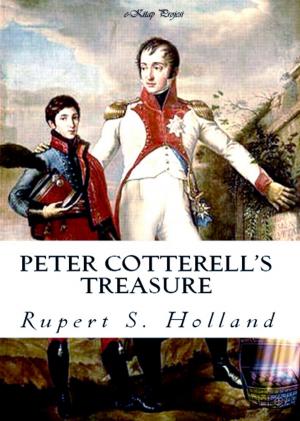| Author: | Arthur J. Burks | ISBN: | 9786155565045 |
| Publisher: | eKitap Projesi | Publication: | April 10, 2015 |
| Imprint: | eKitap Projesi | Language: | English |
| Author: | Arthur J. Burks |
| ISBN: | 9786155565045 |
| Publisher: | eKitap Projesi |
| Publication: | April 10, 2015 |
| Imprint: | eKitap Projesi |
| Language: | English |
“Let’s hope the horrible nightmare is over, dearest,” whispered Ellen Estabrook to Lee Bentley as their liner came crawling up through the Narrows and the Statue of Liberty greeted the two with uplifted torch beyond Staten Island. New York’s skyline was beautiful through the mist and smoke which always seemed to mask it. It was good to be home again. Once more Lee Bentley is caught up in the marvelous machinations of the mad genius Barter.
Certainly it was a far cry from the African jungles where, for the space of a ghastly nightmare, Ellen had been a captive of the apes and Bentley himself had had a horrible adventure. Caleb Barter, a mad scientist, had drugged him and exchanged his brain with that of an ape, and for hours Bentley had roamed the jungles hidden in the great hairy body, the only part of him remaining “Bentley” being the Bentley brain which Barter had placed in the ape’s skull-pan. Bentley would never forget the horror of that grim awakening, in which he had found himself walking on bent knuckles, his voice the fighting bellow of a giant anthropoid.
Yes, it was a far cry from the African jungles to populous Manhattan.
As soon as Ellen and Lee considered themselves recovered from the shock of the experience they would be married. They had already spent two months of absolute rest in England after their escape from Africa, but they found it had not been enough. Their story had been told in the press of the world and they had been constantly besieged by the curious, which of course had not helped them to forget.
________________________________________
“Lee,” whispered Ellen, “I’ll never feel sure that Caleb Barter is dead. We should have gone out that morning when he forgot to take his whip and we thought the vengeful apes had slain him. We should have proved it to our own satisfaction. It would be an ironic jest, characteristic of Barter, to allow us to think him dead.”
“Let’s hope the horrible nightmare is over, dearest,” whispered Ellen Estabrook to Lee Bentley as their liner came crawling up through the Narrows and the Statue of Liberty greeted the two with uplifted torch beyond Staten Island. New York’s skyline was beautiful through the mist and smoke which always seemed to mask it. It was good to be home again. Once more Lee Bentley is caught up in the marvelous machinations of the mad genius Barter.
Certainly it was a far cry from the African jungles where, for the space of a ghastly nightmare, Ellen had been a captive of the apes and Bentley himself had had a horrible adventure. Caleb Barter, a mad scientist, had drugged him and exchanged his brain with that of an ape, and for hours Bentley had roamed the jungles hidden in the great hairy body, the only part of him remaining “Bentley” being the Bentley brain which Barter had placed in the ape’s skull-pan. Bentley would never forget the horror of that grim awakening, in which he had found himself walking on bent knuckles, his voice the fighting bellow of a giant anthropoid.
Yes, it was a far cry from the African jungles to populous Manhattan.
As soon as Ellen and Lee considered themselves recovered from the shock of the experience they would be married. They had already spent two months of absolute rest in England after their escape from Africa, but they found it had not been enough. Their story had been told in the press of the world and they had been constantly besieged by the curious, which of course had not helped them to forget.
________________________________________
“Lee,” whispered Ellen, “I’ll never feel sure that Caleb Barter is dead. We should have gone out that morning when he forgot to take his whip and we thought the vengeful apes had slain him. We should have proved it to our own satisfaction. It would be an ironic jest, characteristic of Barter, to allow us to think him dead.”

